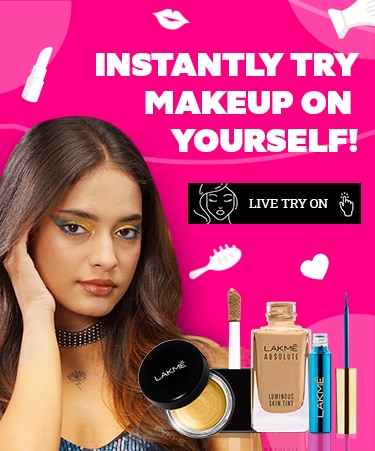Any personal data provided to or collected by Unilever is controlled by Hindustan Unilever Limited, the data controller.
This Privacy Notice applies to personal data collected by Unilever in connection with the services and products we offer. References to “Unilever” in this Notice means Hindustan Unilever Limited and any company directly or indirectly owned and/or controlled by Hindustan Unilever Limited that you are interacting with or have a business relationship with.
This Privacy Notice also applies to Unilever’s marketing content, including offers and advertisements for Unilever products and services, which we (or a service provider acting on our behalf) send to you on third-party websites, platforms and applications based on your site usage information. These third-party websites generally have their own Privacy Notice and Terms and Conditions. We encourage you to read them before using those websites.



















































 Privacy Notice
Privacy Notice